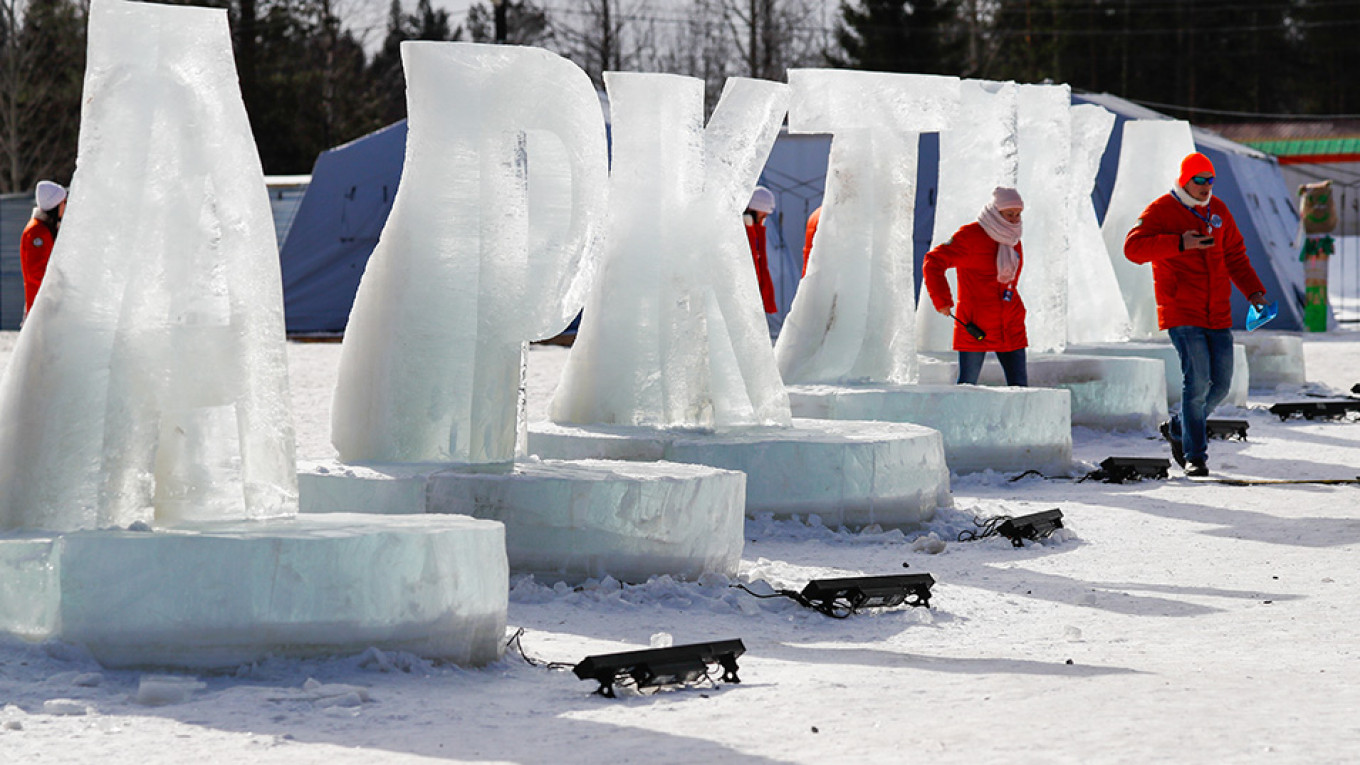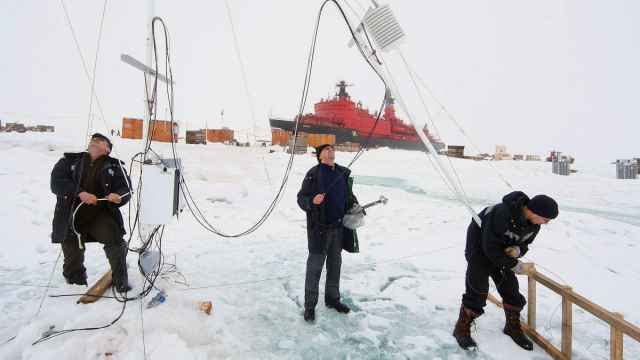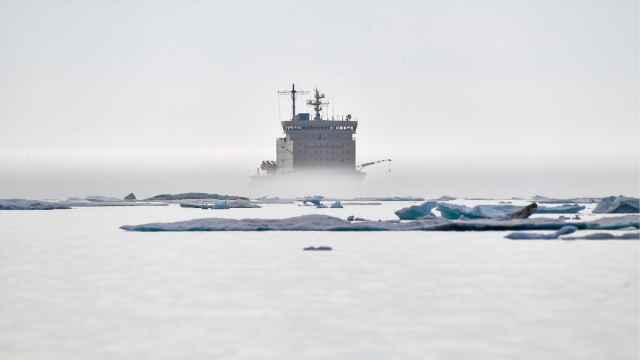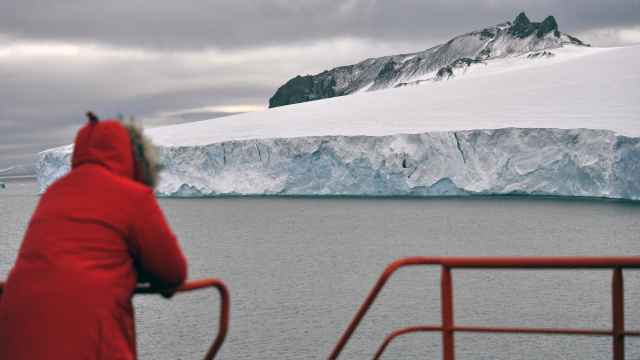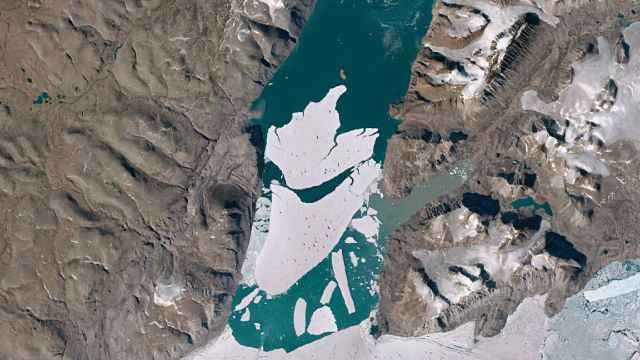Russia's far northern territories, border areas and closed military towns could be directly governed by the federal government in Moscow, a leading member of the parliamentary group that is drafting a package of amendments to Russia's Constitution has said.
Senator Andrei Klishas suggested subjecting parts of the country’s Arctic territories and other areas directly to federal rule, as Russia's regional governments are not sufficiently capable of managing strategically important areas of the north.
The idea was initially proposed by Sergei Kharitonov, chair of the regional government in Tula, the Kommersant business daily reported. But Klishas embraced the idea and now appears ready to promote it in his work on the new Constitution.
Moscow rule
In his personal blog, Klishas said that the question deserves serious consideration and that there are a number of examples from abroad that can serve as models.
Special-status areas subjected to direct federal management could be closed administrative-territorial units, specially protected natural territories and the Arctic zone, he argued.
Klishas is co-chair of the working group that now is in the process of creating a new draft Russian Constitution.
The group was established on Jan. 15 immediately following President Vladimir Putin’s address to lawmakers in which he proposed amending Russia's Constitution. It includes 75 people from a wide range of groups and professions. None of them are representatives of northern Russian regions.
Parliamentary support
Klishas’ proposal appears to have won support from Valentina Matviyenko, speaker of the upper-house Federation Council. According to Kommersant, Matvienko requested several parliament committees to look into the issue.
Strong voices in the State Duma, the lower house of parliament, also support the proposal. Among them is Alexei Didenko, chairman of the Duma committee on federal structure and local governance.
According to Didenko, the establishment of similar federal territories has been discussed in his committee for a long time. It is logical to establish such special-status areas in parts of the Arctic, border areas and other territories of special strategic importance, and also in areas of hydrocarbon extraction and seaports, he told Kommersant.
"Considering that these are municipalities almost without inhabitants, they have village infrastructure, modest incomes and the local governments do not have the funding to follow up their responsibilities," he said.
"Because of the importance of these territories for the state, they can be directly subjected to the federal center," he maintained.
Putin’s Constitution
However, the proposal to revise local governance in the Arctic is just one of many ideas now swirling around in Moscow government offices. According to Pavel Krashennikov, a member of the State Duma who plays a key role in drafting the new Constitution, more than 500 ideas and proposals have been submitted to the parliamentary working group.
Discussions in the working group are stormy and emotional, Krashennikov said in this week’s meeting with Putin.
"But at the same time, we are not forgetting that the main task of the new legislation is to provide development of society, decent living standards for citizens and enhanced state efficiency," he said.
A Message from The Moscow Times:
Dear readers,
We are facing unprecedented challenges. Russia's Prosecutor General's Office has designated The Moscow Times as an "undesirable" organization, criminalizing our work and putting our staff at risk of prosecution. This follows our earlier unjust labeling as a "foreign agent."
These actions are direct attempts to silence independent journalism in Russia. The authorities claim our work "discredits the decisions of the Russian leadership." We see things differently: we strive to provide accurate, unbiased reporting on Russia.
We, the journalists of The Moscow Times, refuse to be silenced. But to continue our work, we need your help.
Your support, no matter how small, makes a world of difference. If you can, please support us monthly starting from just $2. It's quick to set up, and every contribution makes a significant impact.
By supporting The Moscow Times, you're defending open, independent journalism in the face of repression. Thank you for standing with us.
Remind me later.


